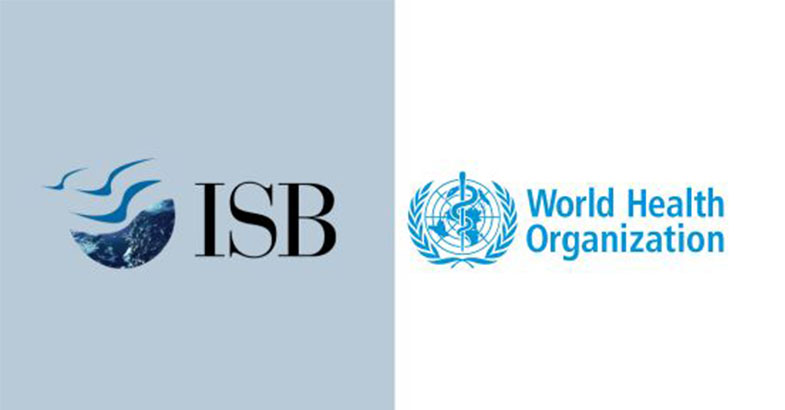
Mohali: The World Health Organization has granted membership to Indian School of Business in its International Pathogen Surveillance Network (IPSN). Formed in the wake of Covid-19 pandemic, IPSN is a global network of pathogen genomic actors, brought together by the WHO Hub for Pandemic and Epidemic Intelligence, to accelerate progress in pathogen genomics, and improve public health decision-making.
As a member of IPSN, ISB will contribute “towards shaping a world where every country has equitable access to sustained capacity for genomic sequencing and analytics as part of its public health surveillance system”. The research initiatives in this field at ISB are co-led by a team of researchers, including Professor Sarang Deo, Deputy Dean, Faculty and Research and Executive Director, Max Institute of Healthcare Management (MIHM) at ISB, and Sripad Devalkar, Associate Professor, Operations Management.
Sharing the announcement, Professor Sarang Deo said being part of the IPSN will help us translate our research work into global policy actions.
“ISB MIHM has been researching on Whole Genome Sequence-based surveillance strategies to assess and devise robust, cost-effective disease surveillance programmes. In one of our research collaborations with the Centre for Global Development, focused on studying genome sequencing-based surveillance in low-and middle-income countries, ISB MIHM developed an integrated operational and disease transmission model. This model captures operational characteristics such as laboratory infrastructure and sampling of a surveillance programme and integrates them with a disease transmission model, which captures disease progression in the population and the impact of interventions. As a member of IPSN, we will continue to contribute to this important issue through our research work,” Professor Deo said.
He added that the need for whole genome sequencing (WGS)–based surveillance programmes is well accepted, but the investment in such programmes has been relatively low. While the cost of setting up such surveillance systems is immediate, its benefits can be challenging to quantify, leading to underinvestment, particularly in LMICs. Thus, developing evidence in these areas is vital for policymakers to make informed decisions.

